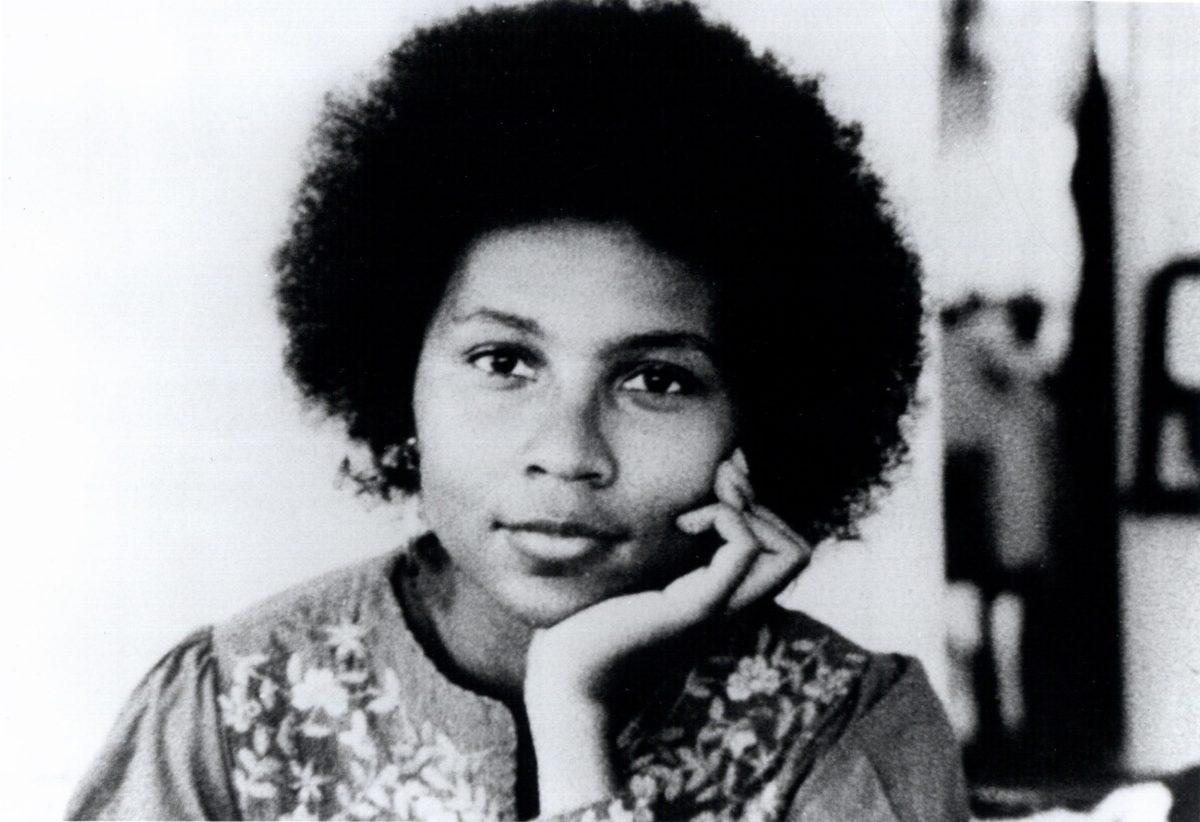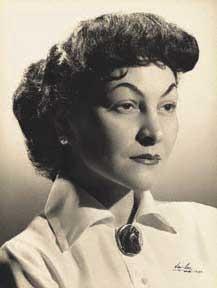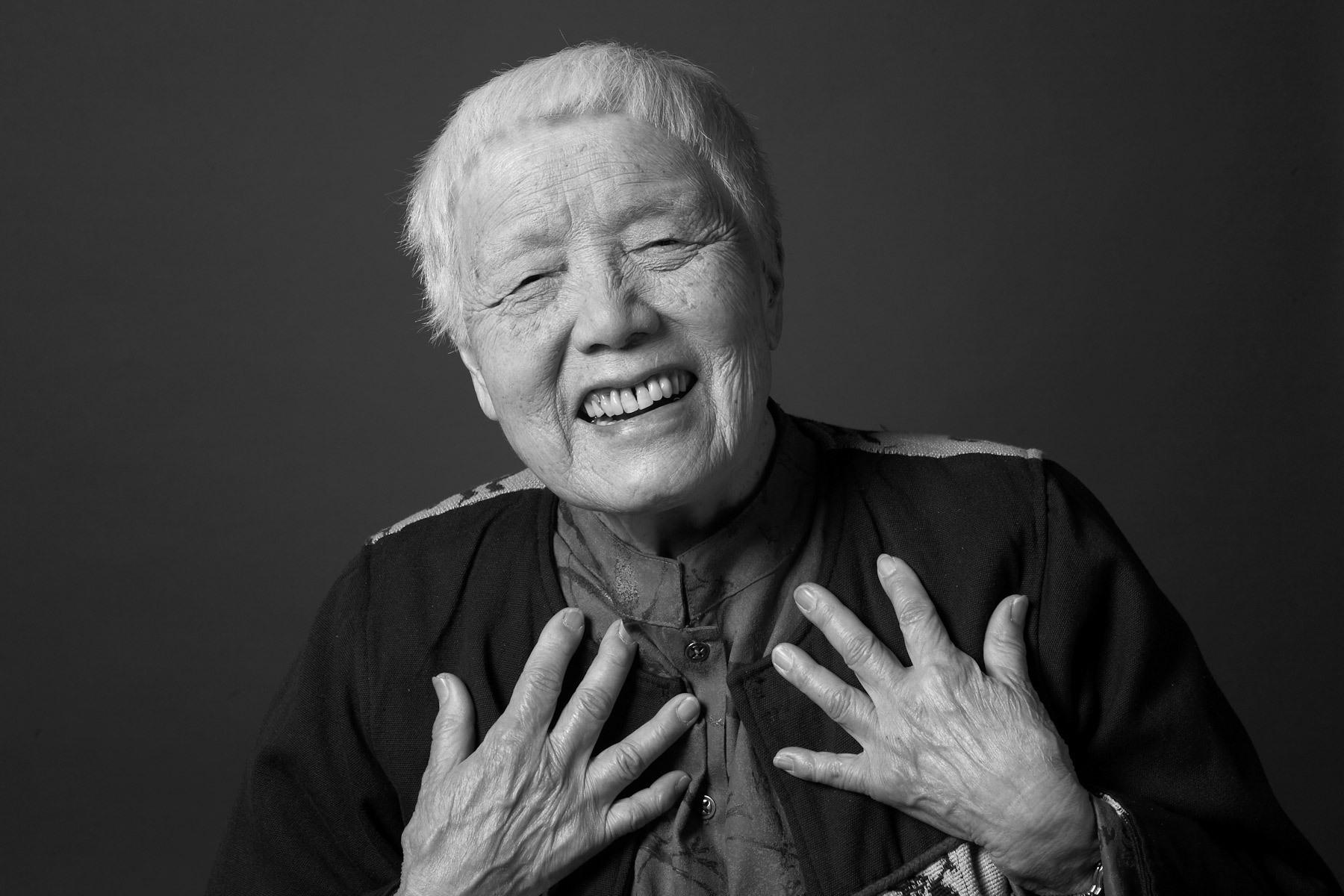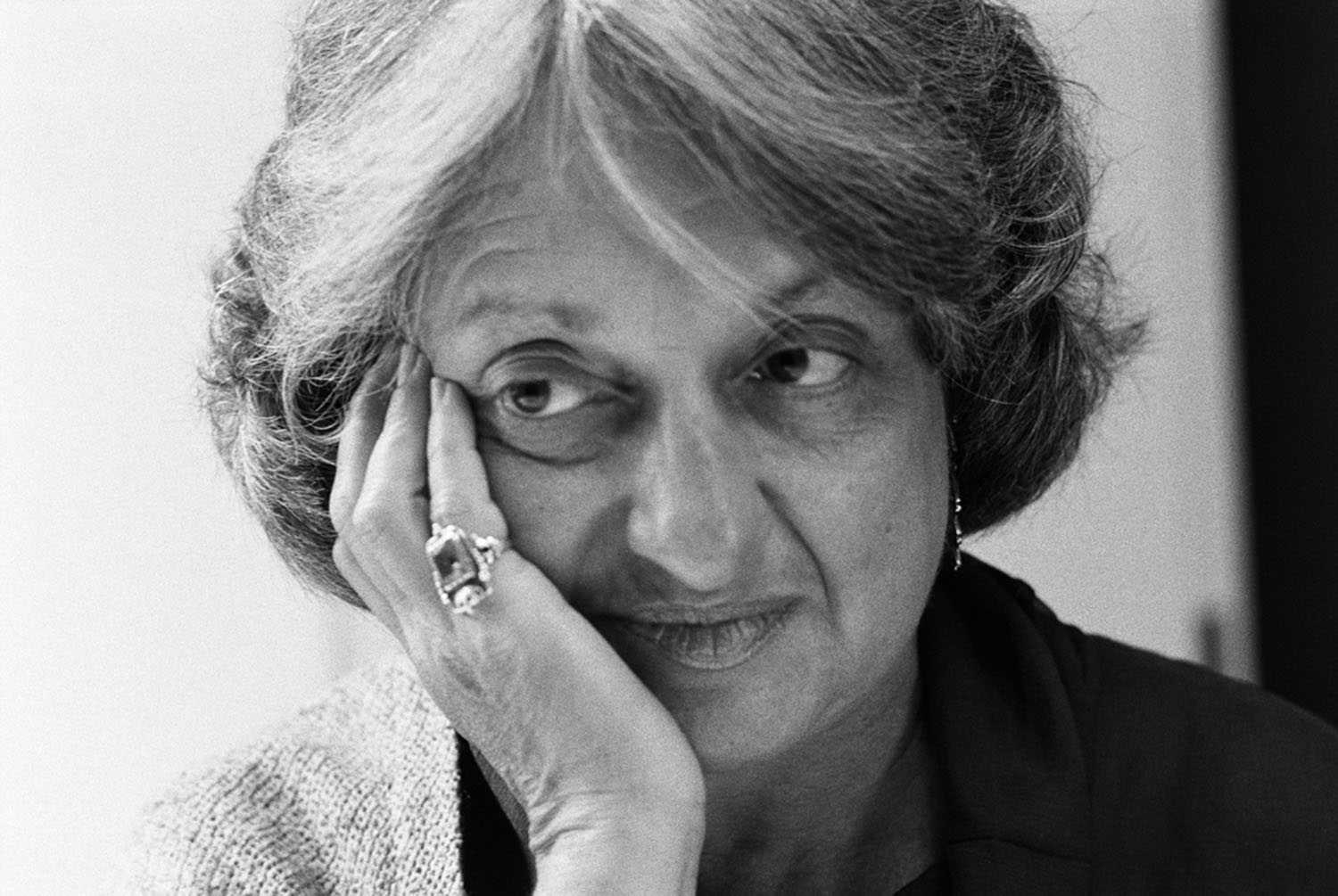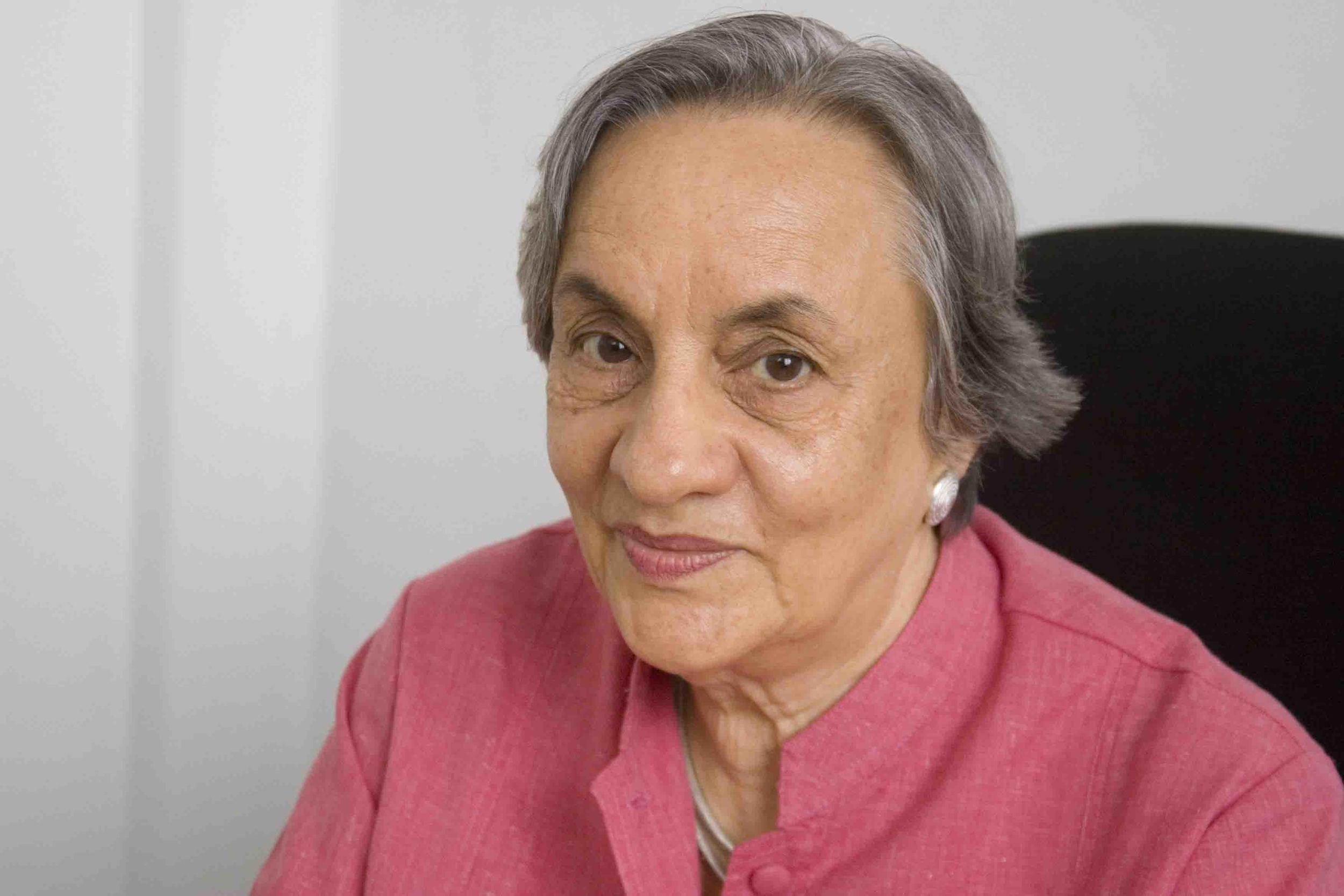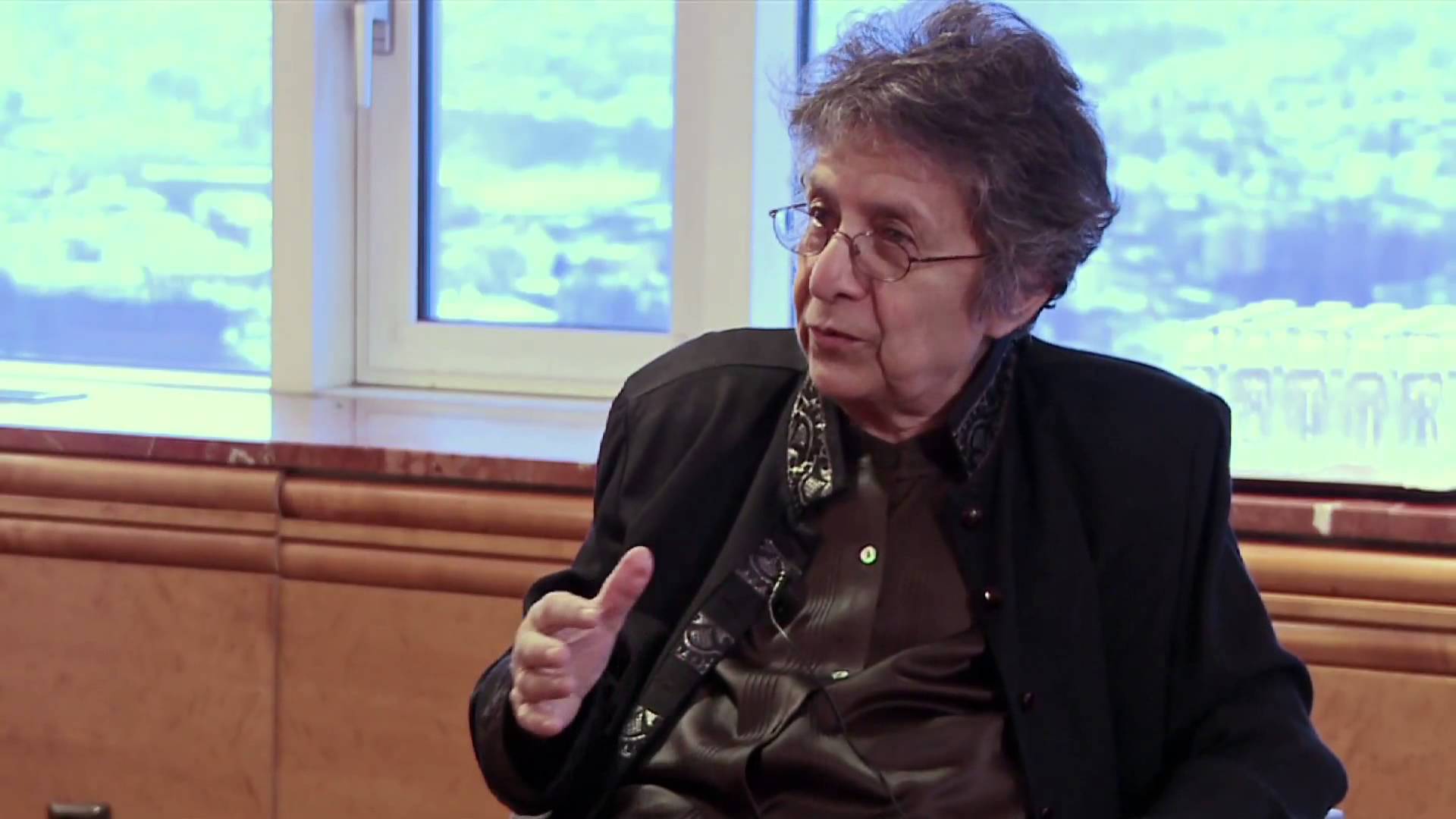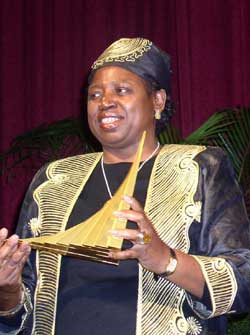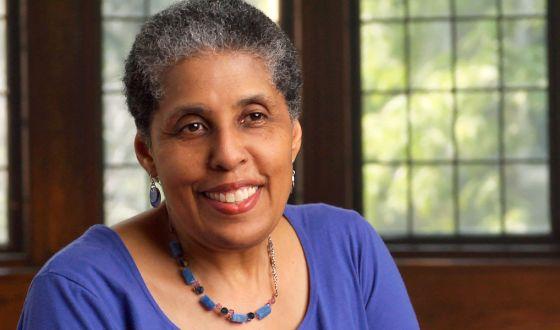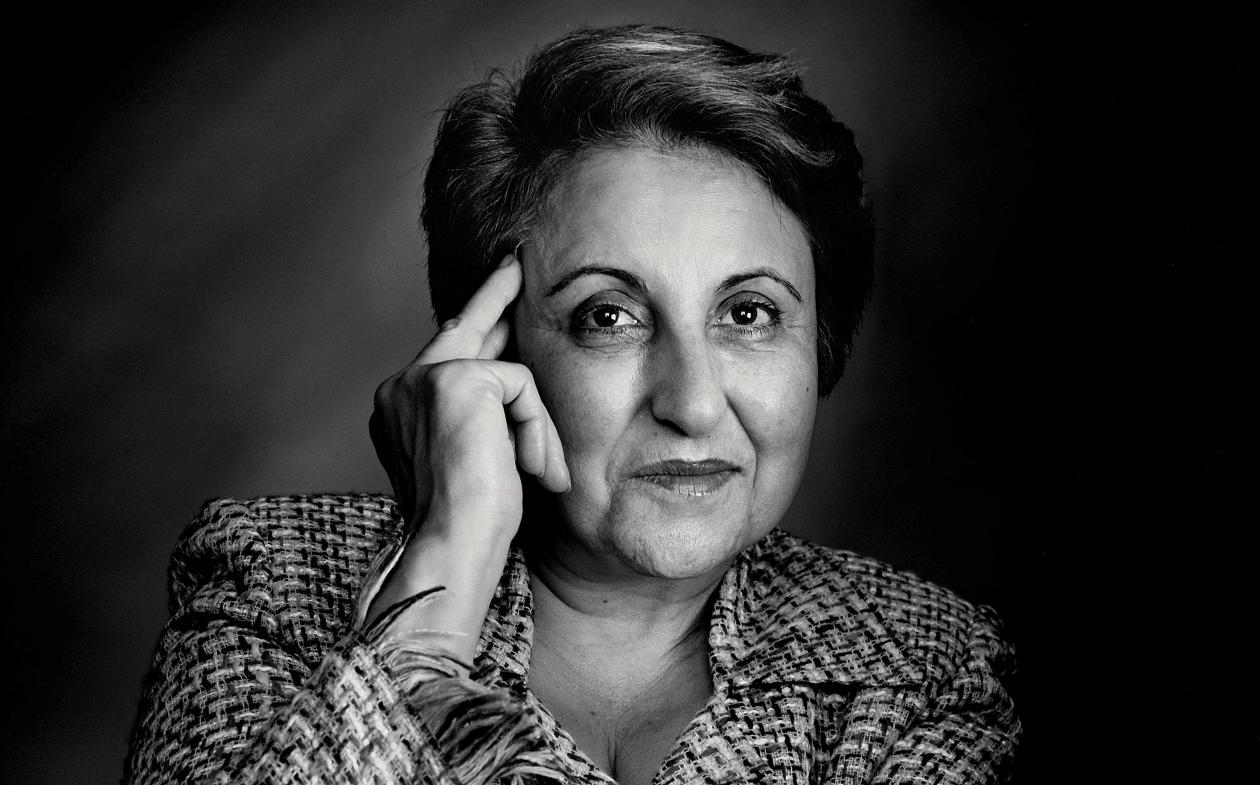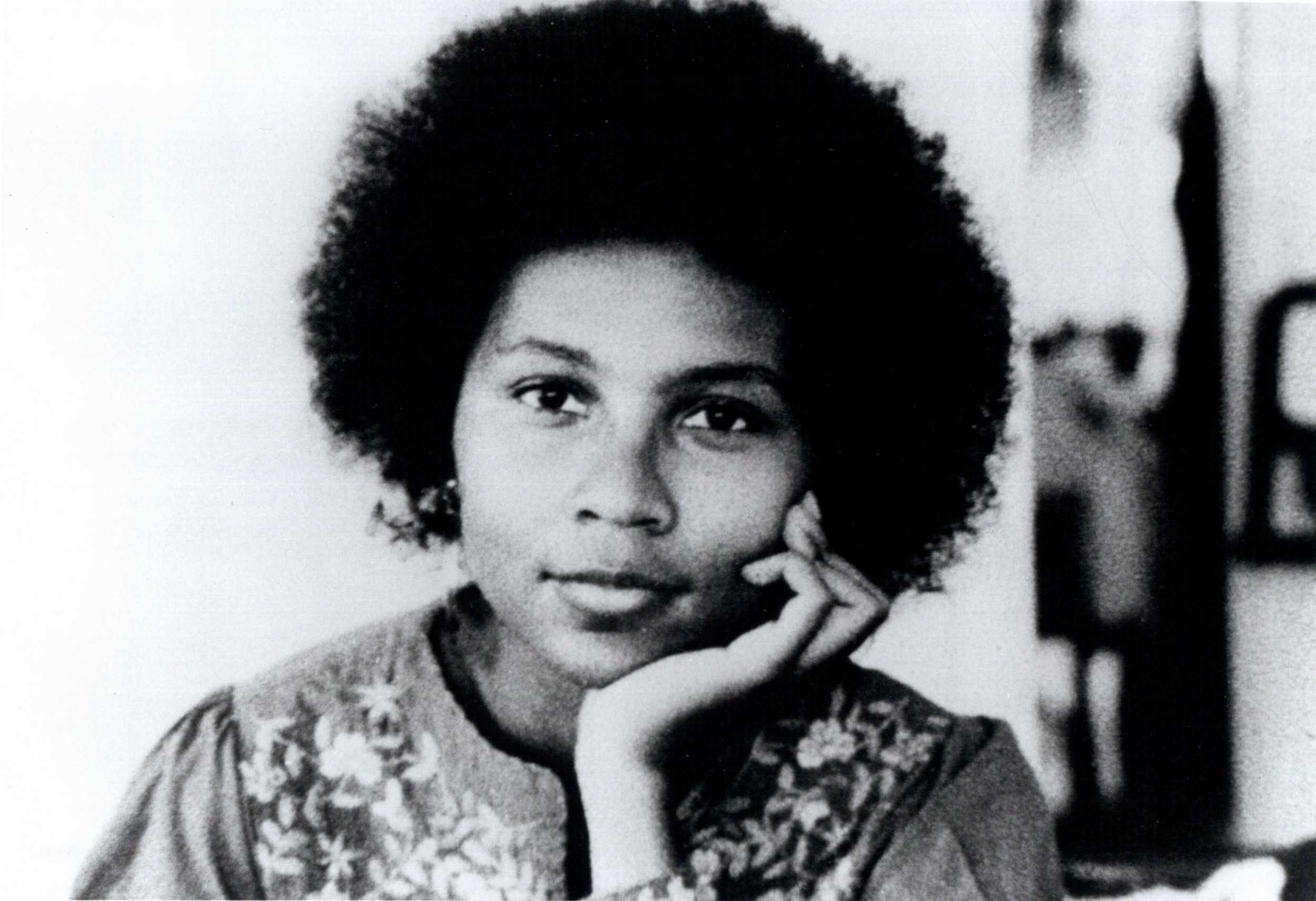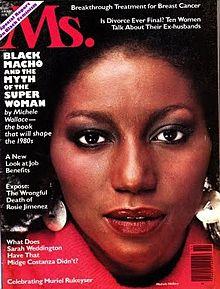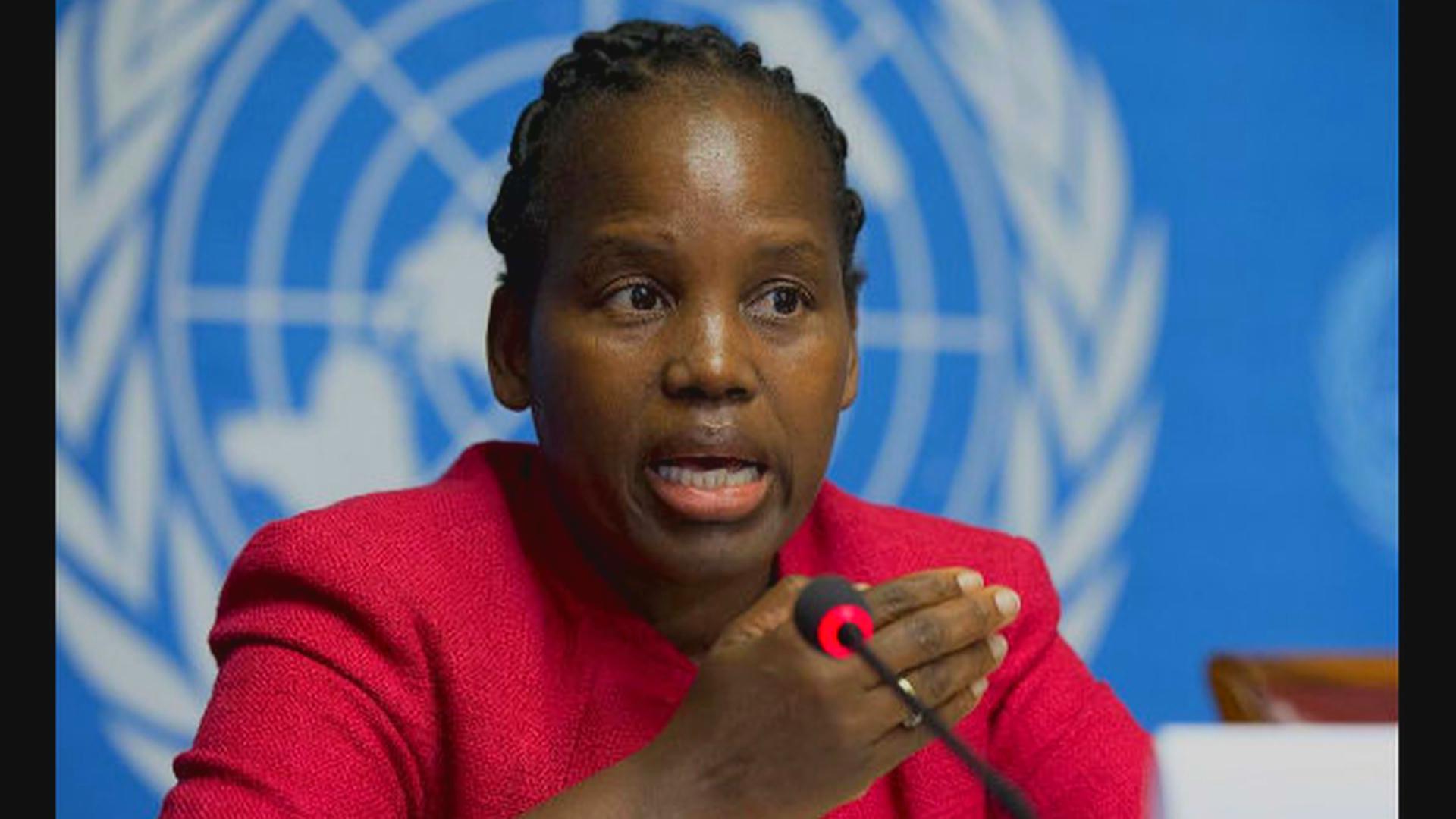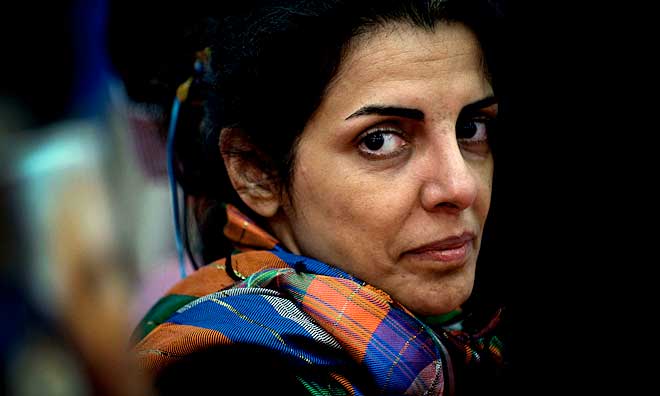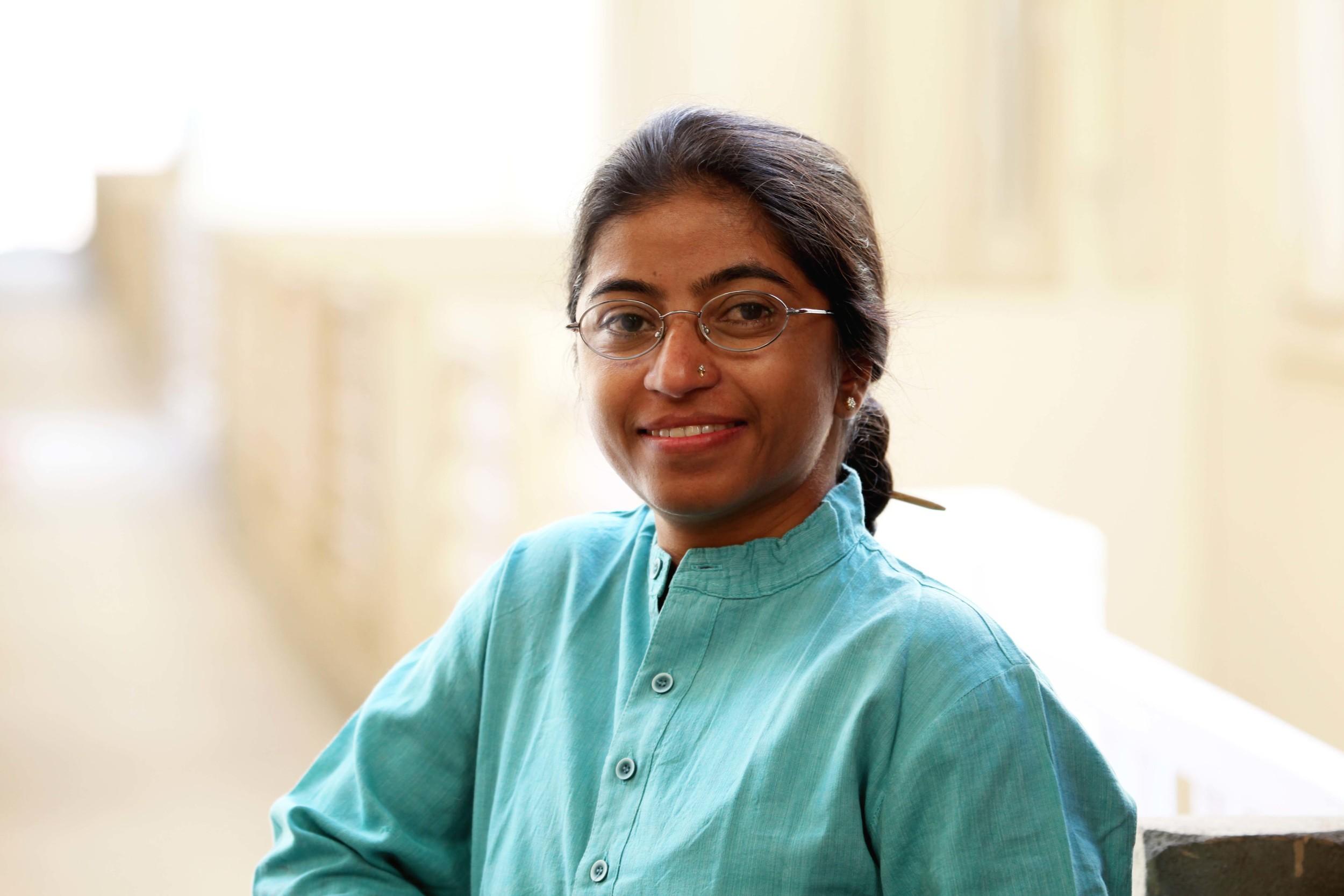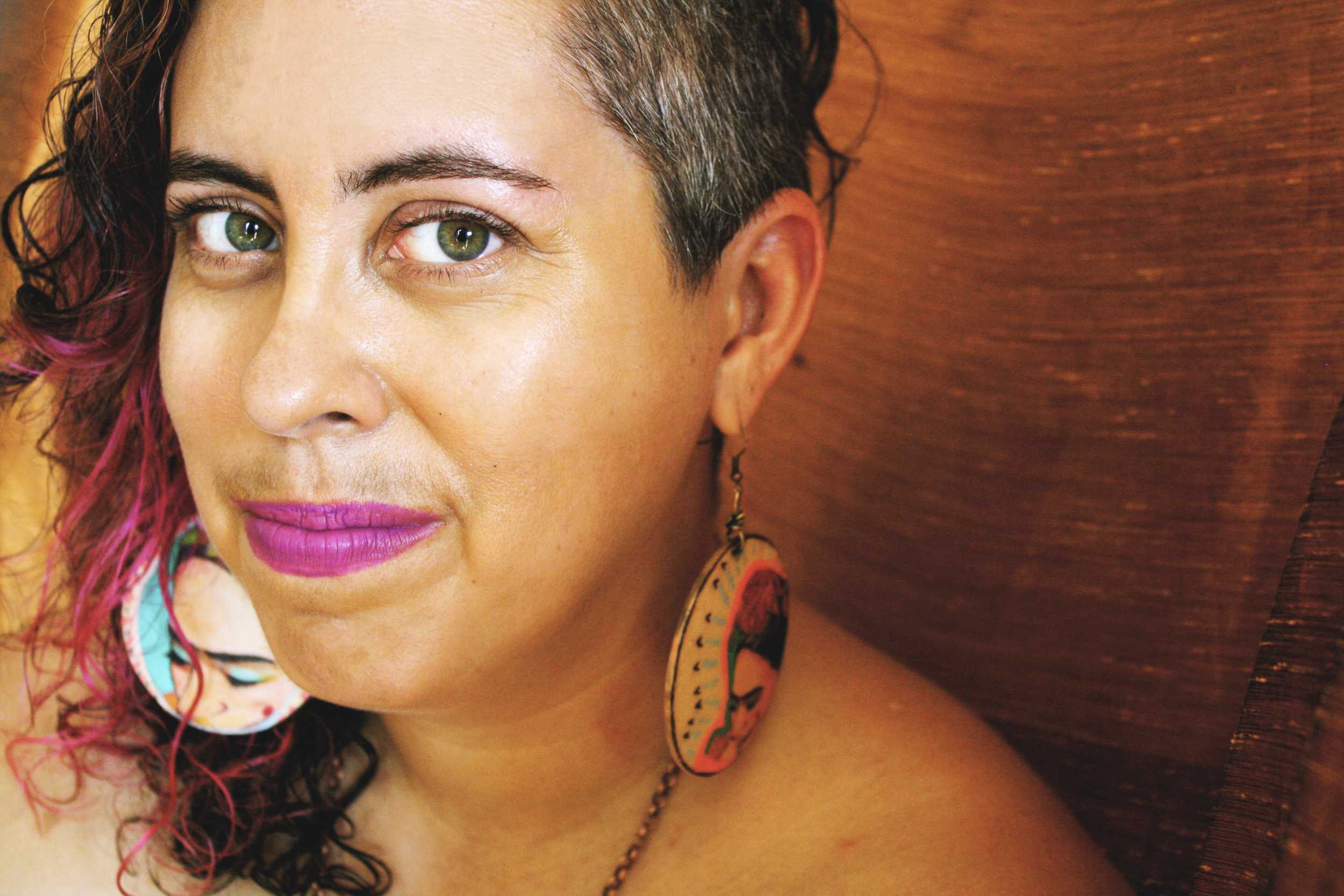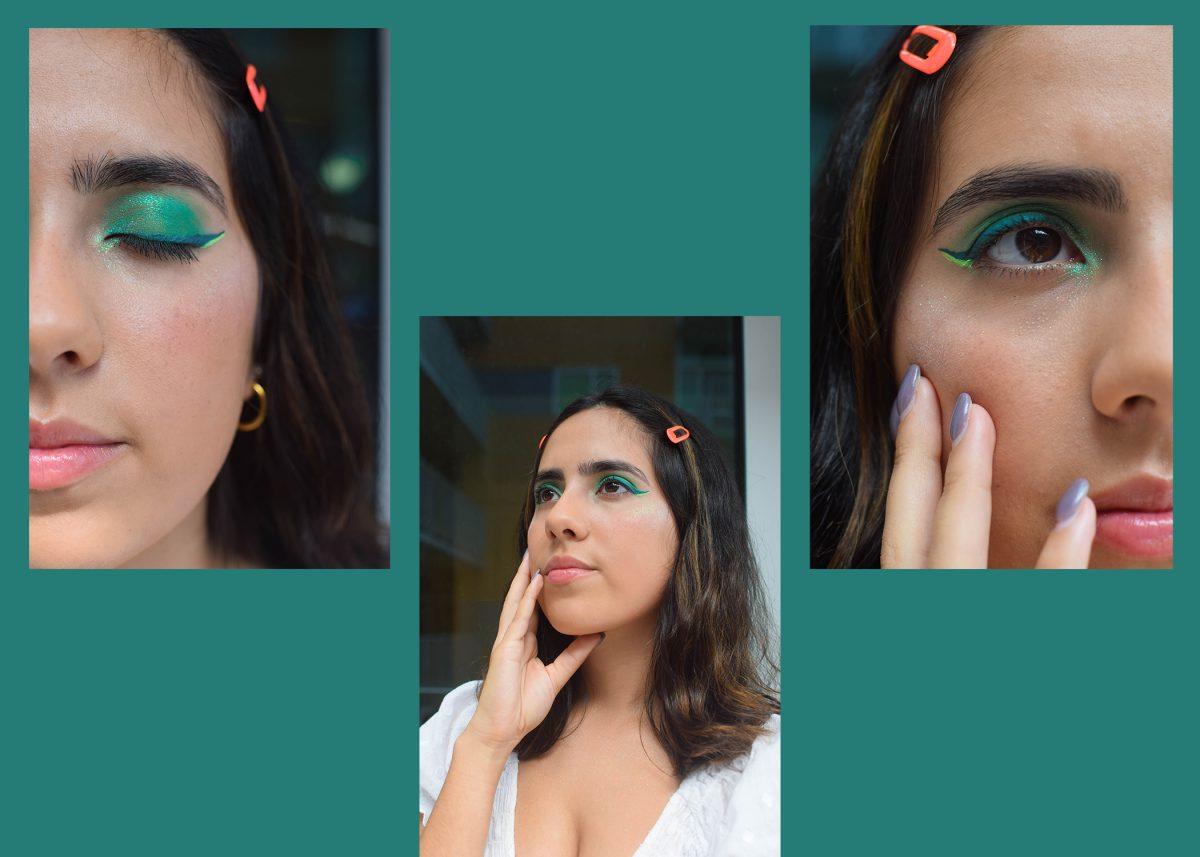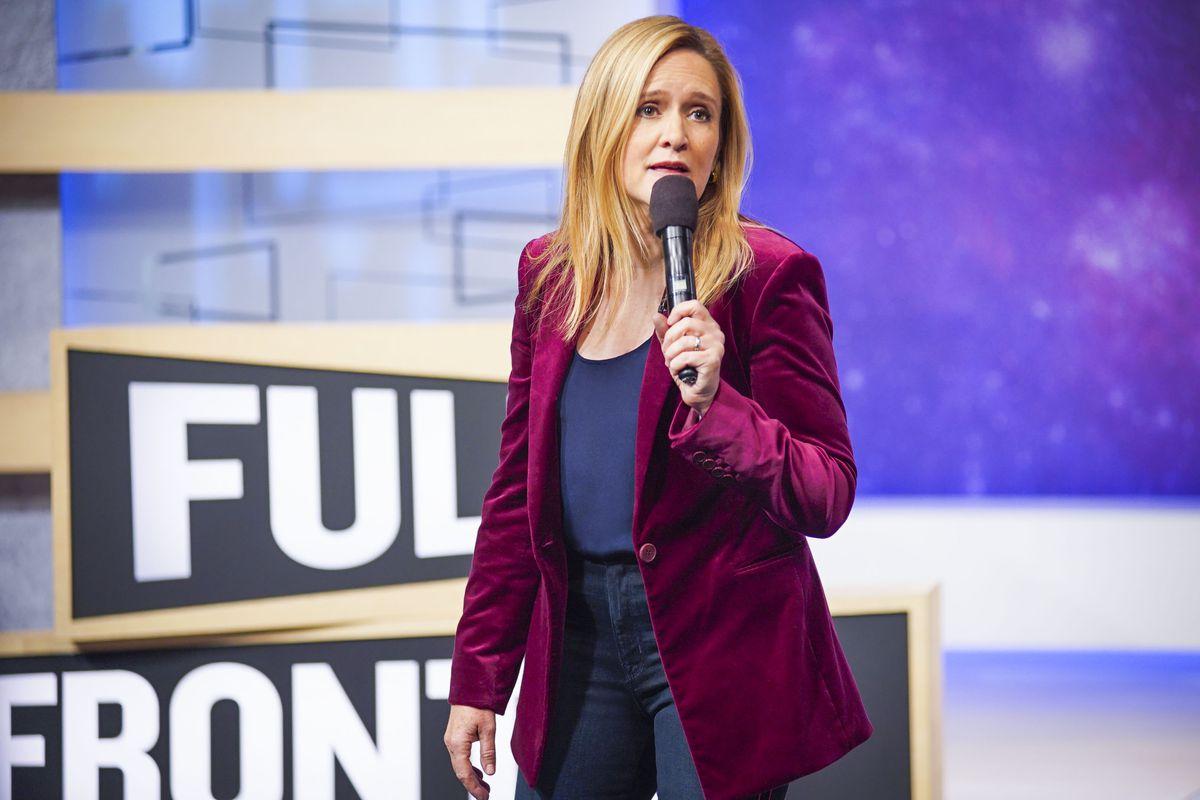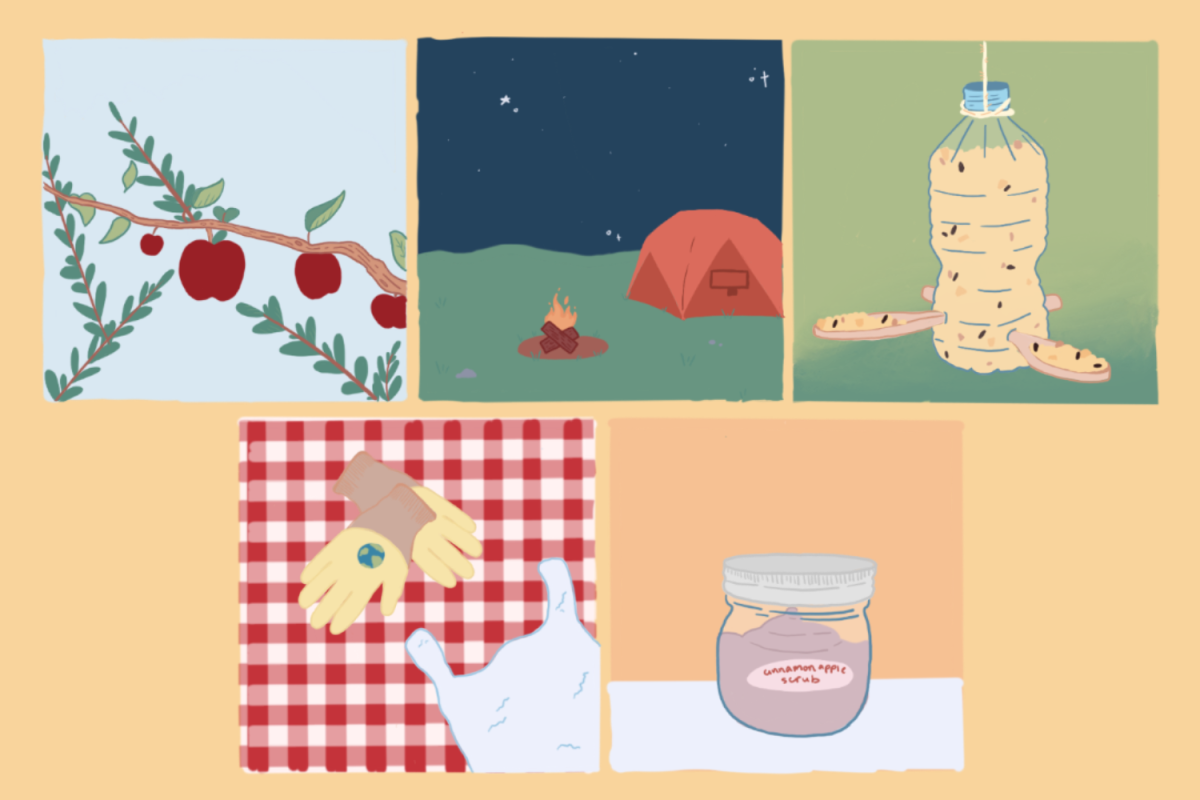In order of age, here is a list of incredible women of the past 50 years. Their contributions to feminist movements around the world have been invaluable.
Story by Aliyah Conley
1. Shigeri Yamataka: Japan (1899-1977)
A Japanese feminist, Yamataka co-founded the Women’s Suffrage League in Japan in 1924. Although suffrage was not passed then, Yamataka helped organize the Women’s Committee on Postwar Policy in 1945, which sought to secure women’s rights in the wake of World War II. She also helped establish the right for women over 25 to run for office and suffrage for women over 20. She was elected to public office twice and acted as President of the National Federation of Regional Women’s Organizations, a women’s rights organization with over 6 million members.
2. Doria Shafik: Egypt (1908-1975)
Egyptian poet, author and feminist Doria Shafik led a group of 1,500 women into Egyptian parliament in 1951 to demand that women’s rights be addressed. Shortly thereafter, women were granted the right to vote and run for office. She was heavily involved with the Daughters of the Nile Union, a women’s liberation organization, and helped the DNU become an officially recognized political party. She also participated in a hunger strike to protest the regime of General Abdel Nasser. Shafik carried out the rest of her life writing poetry and feminist literature for the DNU. General Nasser virtually erased her from Egyptian history and only a few of her original writings remain in tact.
3. Grace Lee Boggs: United States (1915-2015)
A Chinese American activist, Boggs was heavily involved in the Civil Rights and Black Power movement with her husband James Boggs. She’s in the National Women’s Hall of Fame, has had a PBS documentary made about her and said some pretty amazing things about the importance of intersectionality in feminism. She spent a majority of her life working as an activist and civil rights leader until her death last month at the age of 100.
4. Betty Friedan: United States (1921-2006)
Author of The Feminine Mystique, Friedan is widely accredited with sparking the Second Wave Feminist movement in the United States. Second wave feminism arose in the 1960s within the context of civil rights and anti-war movements and focused heavily on securing reproductive rights for women. Friedan basically explained to the world that women have aspirations beyond being homemakers. She was also a co-founder of the National Organization for Women in 1966.
5. Kumari Jayawardena: Sri Lanka (1931-Present)
Educated in Sri Lanka and former Associate Professor at the University of Colombo, Jayawardena has written extensively on feminism in the context of third world and developing nations. She’s a huge activist in Sri Lanka and is currently Secretary of the Social Scientists’ Association, an organization dedicated to documenting gender and ethnic issues. She also has some bomb words to say about intersectionality!
6. Leila Ahmed: Egypt/United States (1940-Present)
Ahmed is a writer on Islam and feminism in Islam. She’s written extensively on the “veiling” of Muslim Women in the United States. She clarifies that patriarchal interpretations of Islam are not representative of Islam as a religion. She’s played a crucial role in defining feminism in Islam to non-Muslim individuals, specifically in the West. She was also the first female professor of women’s studies in religion at Harvard Divinity School.
7. Sara Hlupekile Longwe: Zambia (1940s-Present)
Longwe was chairperson of FEMNET, the African Women’s Development and Communication Network, for six years. After being refused maternity leave, she created a lobbying group that successfully forced the government to grant maternity leave to teachers in 1974. She was instrumental in the ratification of the Convention on the Elimination of All Forms of Discrimination Against Women. The convention legally defined discrimination against women and instituted policies to ensure the abolishment of systematic inequality. In addition, the convention helped to secure a system of accountability for ensuring equality for women in political and public life. She also created a Women’s Empowerment Framework, which aims to achieve equality through economic autonomy and development. She’s known for suing the government whenever she faced unequal treatment and being an all around boss.
8. Barbara Smith: United States (1946-Present)
Smith is widely responsible for sustaining a dialogue on Black feminism in the United States. She’s also responsible for acknowledging lesbianism as a legitimate identity worthy of protection and support under the feminist movement in her writing and rhetoric. She’s written extensively on the importance of intersectionality for a successful feminist agenda. She’s got a twin who is a lesbian feminist activist too.
9. Shirin Ebadi: Iran (1947-Present)
Ebadi is a pioneer figure for women’s rights in Iran. She’s a lawyer, human-rights activist and was the first female judge in Iran. She takes on controversial cases and as a result has been arrested several times. She won the Nobel Peace Prize in 2003 for her humanitarian efforts. Undeterred by her multiple arrests, threats to her safety and harassment, she started the Million Signatures Campaign demanding the Iranian government cease the legal persecution and discrimination of women.
10. Bell Hooks: United States (1952-Present)
Gloria Jean Watkins is an author and feminist activist known by her pen name Bell Hooks. Most of her writing focuses on defining Black feminism. One of her early books, Ain’t I a Woman?: Black Women and Feminism, identifies the systematic marginalization of black women in a white capitalist patriarchy. Her writing is hella thorough and poses some seriously thought provoking questions regarding race, class, sexuality and gender.
11. Michelle Wallace: United States (1952- Present)
Wallace is most well known for her book, Black Macho and the Myth of the Superwoman. The book is highly critical of black men during the Civil Rights movement and illustrates sexism present within black communities. Her work is essential to understanding Black feminism.
12. Unity Dow: Botswana (1959-Present)
Dow was raised by an illiterate mother in rural Botswana under traditional values. Now as a lawyer and author, she’s written five books and was the first woman to become a High Court judge in Botswana. She’s focused her work as a lawyer on advancing the rights of women in African society. She is also the co-founder of an AIDS relief NGO in Botswana. She’s a BOSS.
13. Parvin Ardalan (1967-Present)
As an Iranian feminist and journalist, Ardalan has been harassed and persecuted by the Iranian government for her work. She was a co-founder of the One Million Signatures Campaign to address the legal persecution of women by the Iranian government and was arrested and detained for her efforts. Despite this continued aggression, Ardalan continues to document injustices towards women in Iran and be an overall badass.
14. Sunitha Krishnan: India (1972-Present)
Krishnan is responsible for creating the NGO, Prajwala, which works to rescue and assist women and children who are victims of human and sex trafficking. She’s worked with the Indian government and the United Nations to create compassionate attitudes towards victims of human trafficking.
15. Leah Lakshmi Piepzna-Samarasinha: United States (1975-Present)
As a disabled femme artist, writer and activist, Leah Lakshmi Piepzna-Samarasinha’s life has been pretty incredible. She co-founded Mangos With Chili, a touring queer and trans people of color cabaret. She’s written extensively on what it means to be a femme woman of color, intersectionality and survivorship. Her performance art and poetry are candid, shocking and entertaining.
Narrowing this list down was absurdly difficult. There are hundreds, if not thousands, of other under-appreciated feminists out there waiting to be discovered. The internet is chock-full of inspirational ladies and this is just the tip of a very large and very beautiful feminist iceberg.































